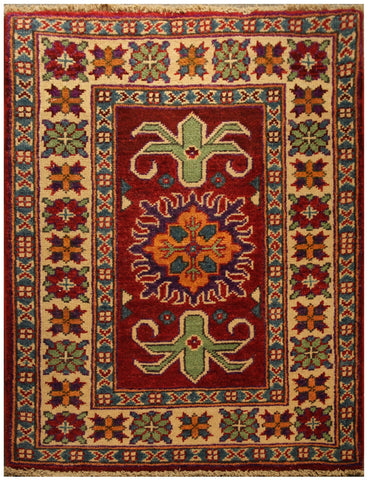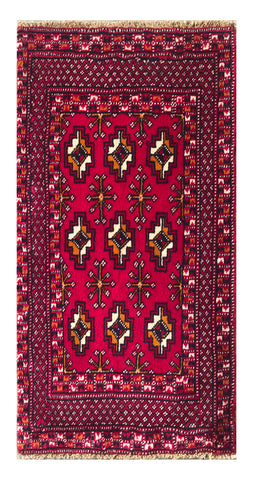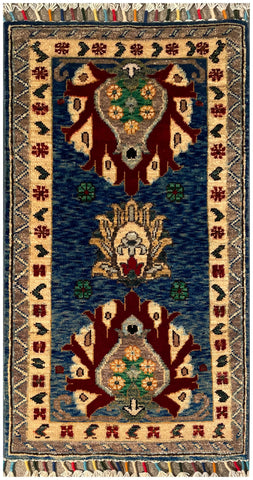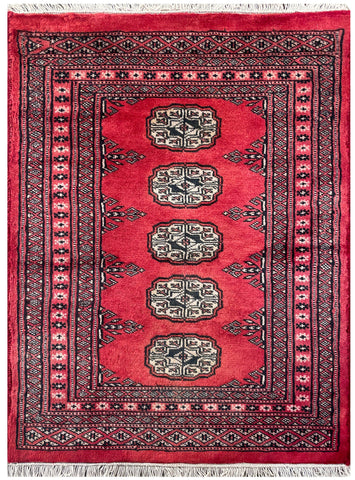27071- Isfahan Persian Hand-Knotted Authentic/Traditional/Silk Base Carpet/Rug/ Size: 3'2" x 2'3"
Babak's Oriental Carpets
1 in stock
Extra Small
NR: 27071
Location: Isfahan
Size: 3'2" x 2'3"
Country: Iran
Pile: Wool +Silk
Base: Silk
Introduction:
Isfahan masterpieces are probably the first of Persian carpets to be known and appreciated by the Western Europeans. These oriental beauties are made on vertical looms with both the warp and the weft being made of cotton, while the pile being made...
NR: 27071
Location: Isfahan
Size: 3'2" x 2'3"
Country: Iran
Pile: Wool +Silk
Base: Silk
Introduction:
Isfahan masterpieces are probably the first of Persian carpets to be known and appreciated by the Western Europeans. These oriental beauties are made on vertical looms with both the warp and the weft being made of cotton, while the pile being made of wool and silk. Alongside Tabriz, Nain, and Qom, Isfahan is another city in Iran that is well-known for the production of silk-on-silk artworks with a knot density of more than 600,000 knots per square meter. As such, Isfahan carpets are considered to be the creme-de-la-creme of Persian knotting.
Description:
Isfahan carpets with respect to their designs, are highly influenced by the city itself. With its rich architectural history including mosques such as Sheikh-Lotfollah and Jameh-Abbasi, palaces such as Ali-Qapu and Chehel-Sotun, and bridges such as Si-o-Se Pol, and Pol-e-Khaju, knotters of Isfahan never run out of ideas. Perhaps, the most popular pattern amongst Isfahan carpets, is the central medallion, surrounded by vines or flowers which are usually coloured in red, blue or indigo on an ivory background. Other popular designs include the infamous garden pattern, the tree of life pattern, and the Shah Abbasi pattern.
The appearance of Isfahan carpets produced during the Pahlavi Dynasty and later-on under the Islamic Republic, is radically different from those produced in the 16th, the 17th, and the 18th centuries. Those older items tend to employ a richer palette and more varied designs. On the other hand, in contemporary items the palette is more pastel and technical perfection is generally of greater importance than artistic flair. As such contemporary Isfahans are extremely attractive, and the subduing of the palette, particularly the elimination of strong reds, makes them more compatible with Western decorative schemes.
Price Range and Value:
Articles & Videos:
Wikipedia Entry (Article)
Landscapes & Nature (Video)
City (Video)
Documentary (Video)




















